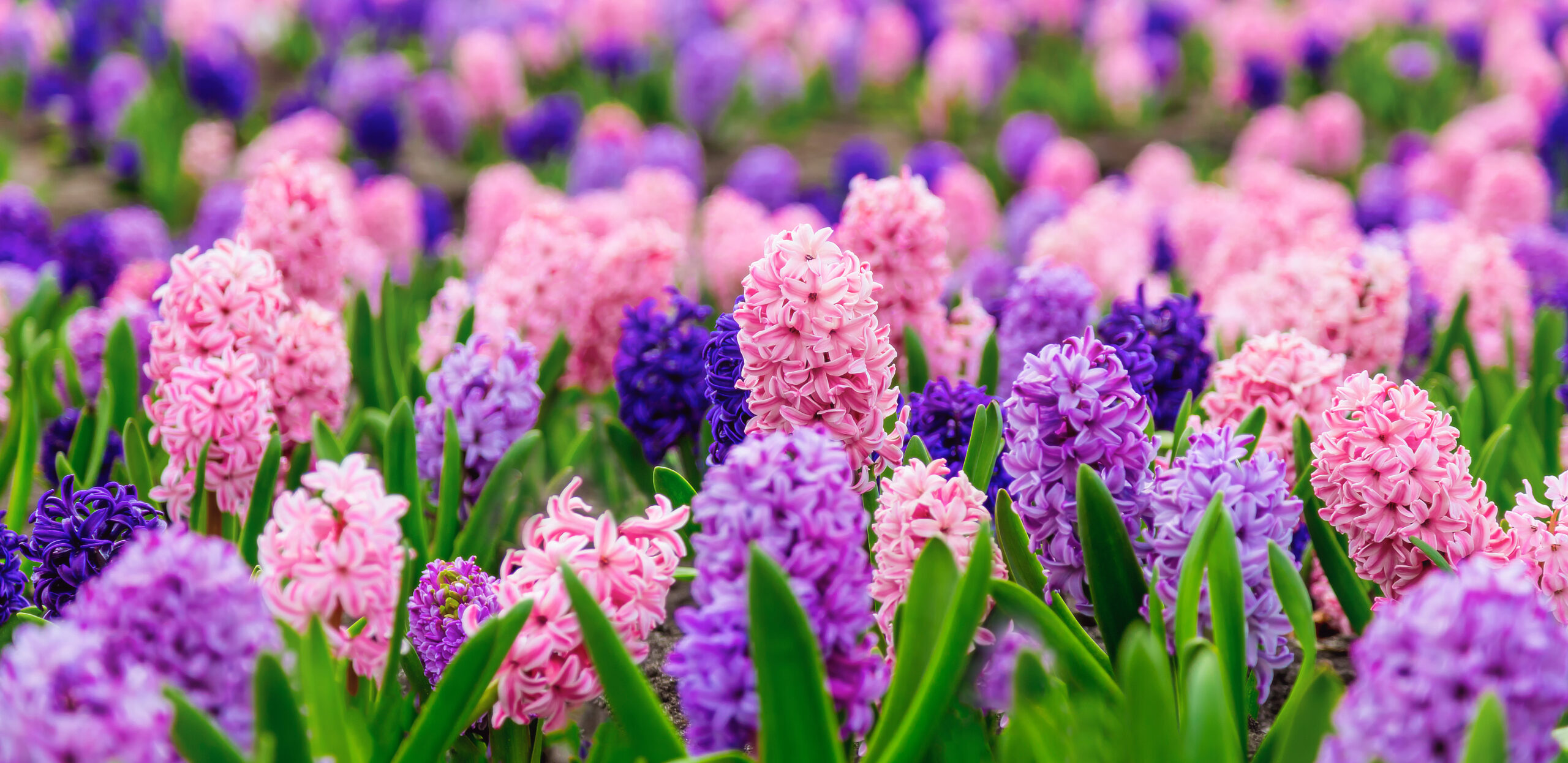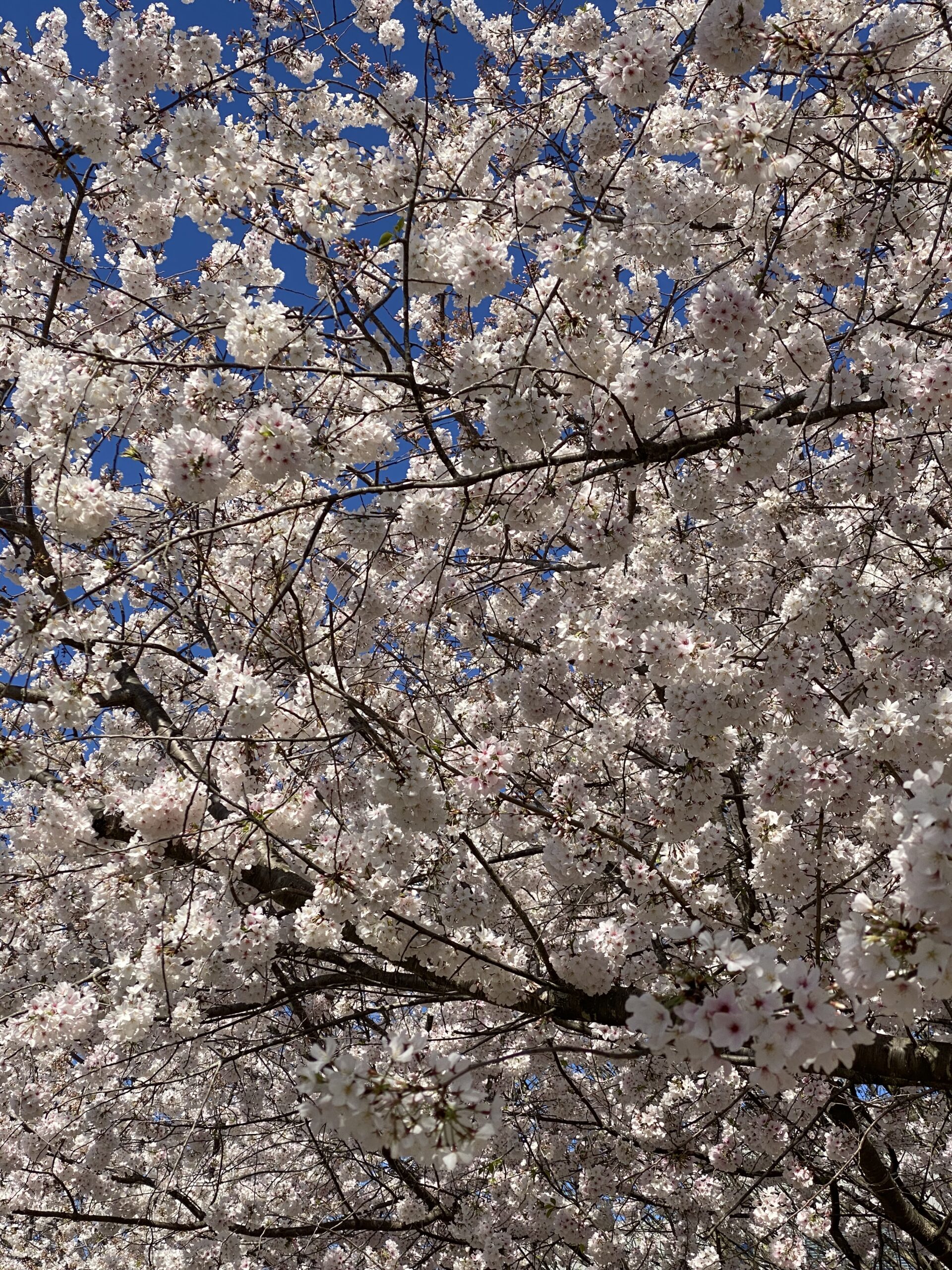Katie Steedly’s first-person piece [The Unspeakable Gift] is a riveting retelling of her participation in a National Institutes of Health study that aided her quest to come to grips with her life of living with a rare genetic disorder. Her writing is superb.
In recognition of receiving the Dateline Award for the Washingtonian Magazine essay, The Unspeakable Gift.
Enter your email here to receive Weekly Wide-Awake
Not Causing Harm

It’s a transformative experience to pause instead of immediately filling up the space. By waiting, we begin to connect with fundamental restlessness as well as fundamental spaciousness.
Pema Chodron
Chapter 6, “Not Causing Harm” in Pema Chodron’s When Things Fall Apart: Heart Advice for Difficult Times reminds us about the importance of doing no harm to ourselves and others. Chodron asserts that doing no harm is the basis of an enlightened society. Harming others and ourselves happens in big and small ways. She explains, “The most fundamental aggression we do to ourselves is to remain ignorant by not having the courage to look at ourselves honestly and gently.” Harming ourselves is intimately connected with harming others.
Looking honestly and gently at how we harm ourselves and others is a long process. Chodron describes the process as refraining. Refraining, from Chodron’s perspective, is “The quality of not grabbing for entertainment the minute we feel a slight edge of boredom coming on. It’s the practice of not immediately filling up space just because there’s a gap. … Through refraining we see that there is something between the arising of the craving — or the aggression or the loneliness or whatever it might be — and whatever action we take as a result.” In refraining, we acknowledge the restlessness and fear in our lives.
Chodron tells the story of a young warrior who goes to battle with Fear. The battle is about to start and the young warrior asked Fear, “May I go into battle with you?” Fear replied, “Thank you for showing me so much respect that you ask permission.” The young warrior then asked, “How can I defeat you?” Fear replied, “My weapons are that I talk fast, and I get very close to your face. Then you get completely unnerved and you do whatever I say. If you don’t do what I tell you, I have no power. You can listen to me and have respect for me. You can even be convinced by me. But if you don’t do what I say, I have no power.” In that way, refraining is the process — the conversation — of gently confronting Fear.
Chodron suggests that the refrain, “connects us with the fruition of not causing harm–the fundamental well-being of our body, speech, and mind.” Well-being manifests in wide-awakeness. As someone who loves music, describing the pause — the moment of breath and thought — with the word refrain makes sense. In music, a refrain is a repeated line or number of lines in a song. The refrain — the repetition — has artistic value. A refrain allows a moment to be taken during a song. In this light, a refrain in life has value, too. A refrain is gentle and about breathing through restlessness and finding spaciousness. A refrain is fundamental to life.
About Katie

From Louisville. Live in Atlanta. Curious by nature. Researcher by education. Writer by practice. Grateful heart by desire.
Buy the Book!
The Stage Is On Fire, a memoir about hope and change, reasons for voyaging, and dreams burning down can be purchased on Amazon.




